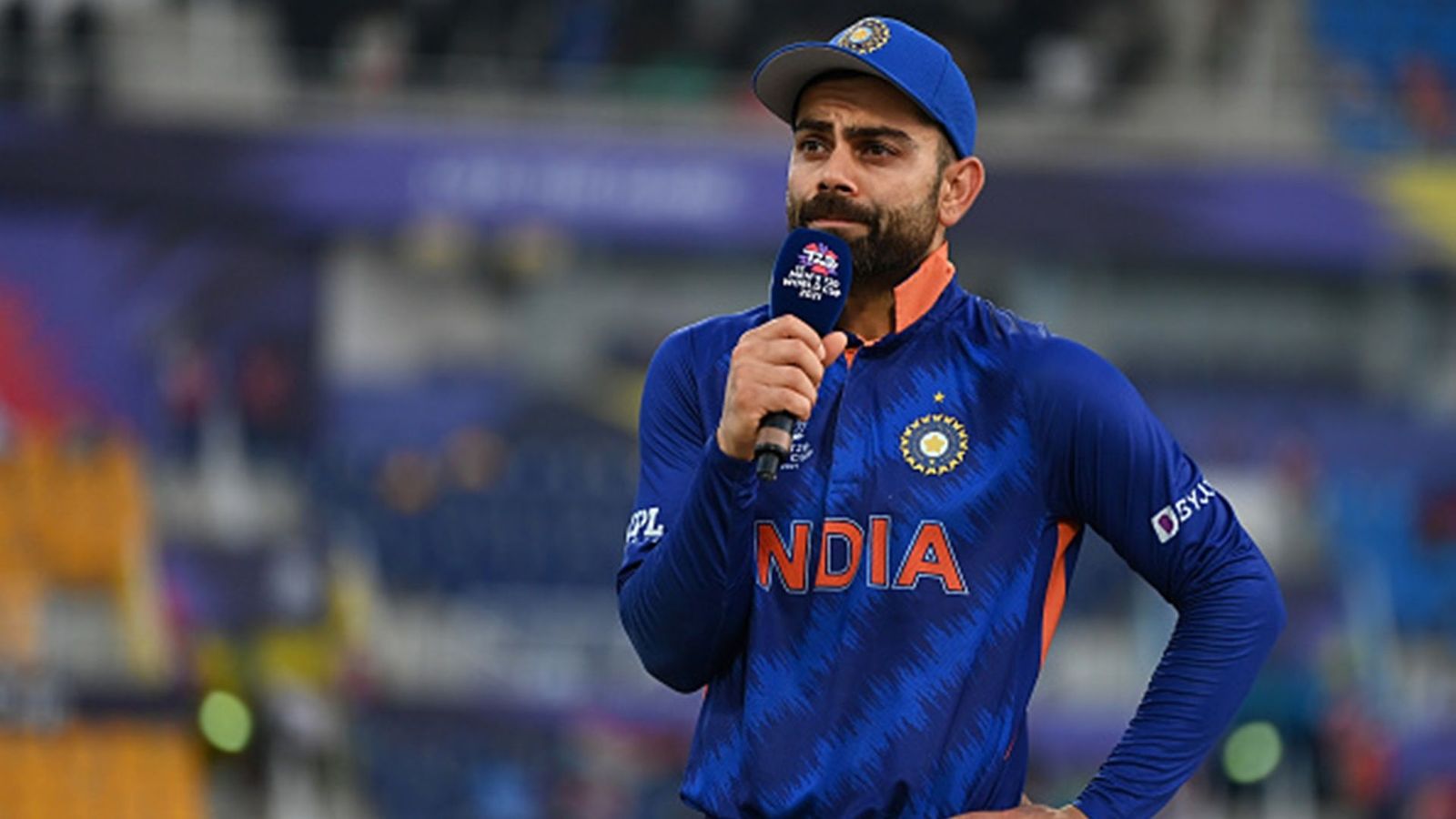Things are back to normal again. The Indian team’s new template is truly here. After two eye-opening defeats in consecutive matches, the Indian batting lineup delivered like they were supposed to. Openers Rohit Sharma and KL Rahul took the game head on, something they were expected to do against better fast bowlers of Pakistan and New Zealand as well.
There was one strange but positive thing that happened against Afghanistan. The Indian skipper Virat Kohli demoted himself from the no.3 situation after assessing the situation of the game. It was the first time he did not come out to bat when India have batted first.
The big difference against Afghanistan was the powerplay score. Afghanistan lacked quality fast bowlers and skipper Mohammad Nabi made the mistake of not introducing his X-factor Rashid Khan while the fielding restrictions. Nabi continued with his usual tactic of introducing him after the powerplay overs even when the leg-spinner has had an excellent record against the two openers.
By the time Rashid got the ball, the two batters were already hitting the ball way back into the stands. At first, they played against him cautiously and then took the attacking approach. As a result, the leggie remained wicketless and leaked 36 runs in his four overs, his fourth-worst in T20I career.
After losing early wickets in their first two games that led to consecutive below par powerplay scores with run rate below six runs per over, India put on 53 runs for the loss of no wicket against Afghanistan. Like Kohli usually recommends, the Indian openers walked out to bat with intent instead and did not hesitate from playing big shots.
After the fall of first wicket in the 15th over, Kohli did not come out to bat and sent Rishabh Pant to join Rahul as the need of the hour was simply see the ball, hit the ball. The move worked in team’s favour as the wicketkeeper-batter scored an unbeaten 27 off just 13 deliveries. Even when Rahul got out in the 17th over, Hardik Pandya was sent to the middle. Pandya, the finisher, was considered even ahead of big-hitter Suryakumar Yadav to do the job and help India finish on a high.
The results were astonishing as the two shared a 63-run partnership off just 21 deliveries to take the team’s total to 210/2, the highest in the ongoing T20 World Cup. The under-fire all-rounder played one of his best T20I innings scoring 35 runs from 13 deliveries.
As India still have two games to go in the group stage against Scotland and Namibia respectively, India are expected to show similar approach to not go by the usual order but make proactive changes instead of tinkering with the order even before the match.


